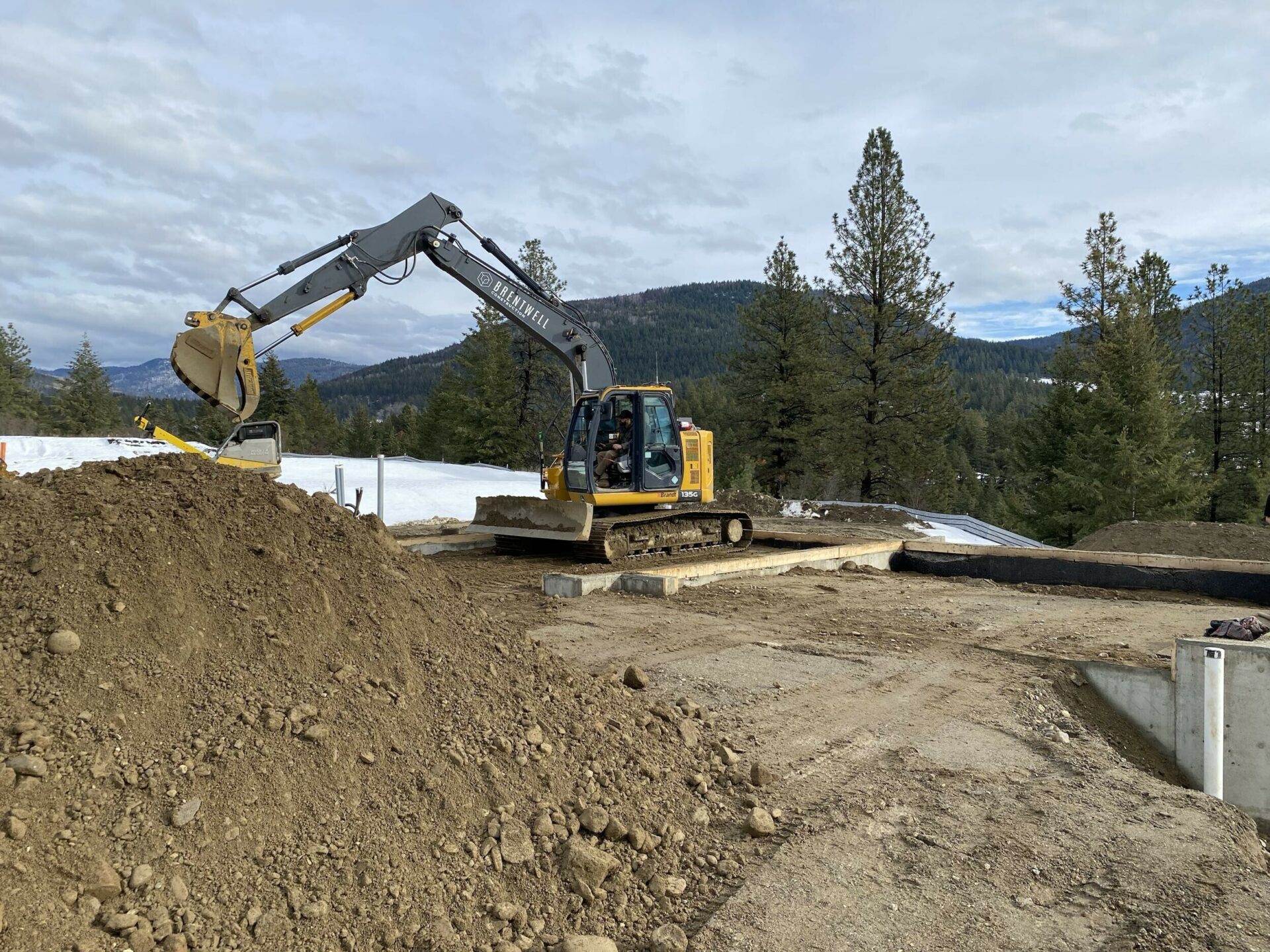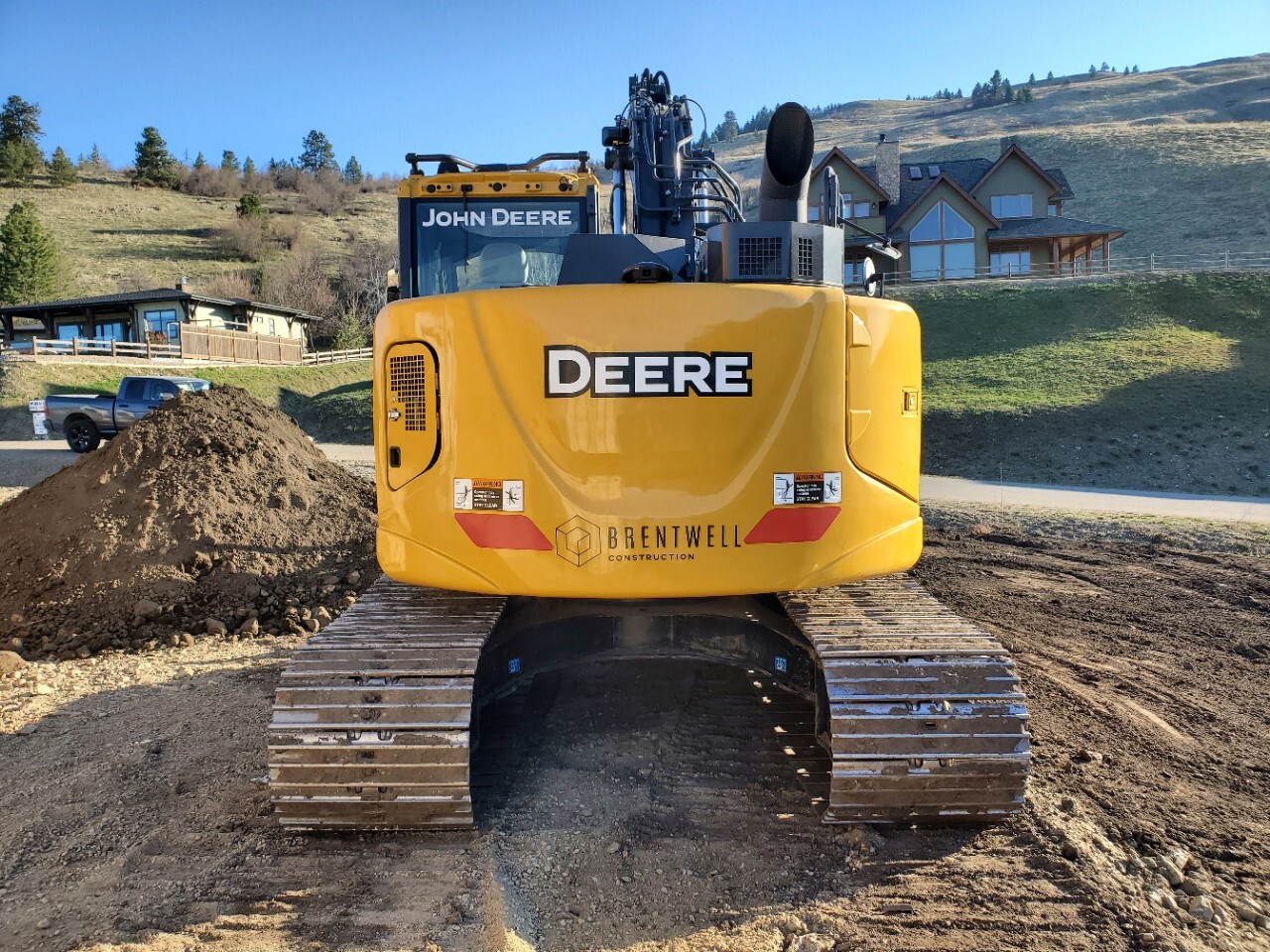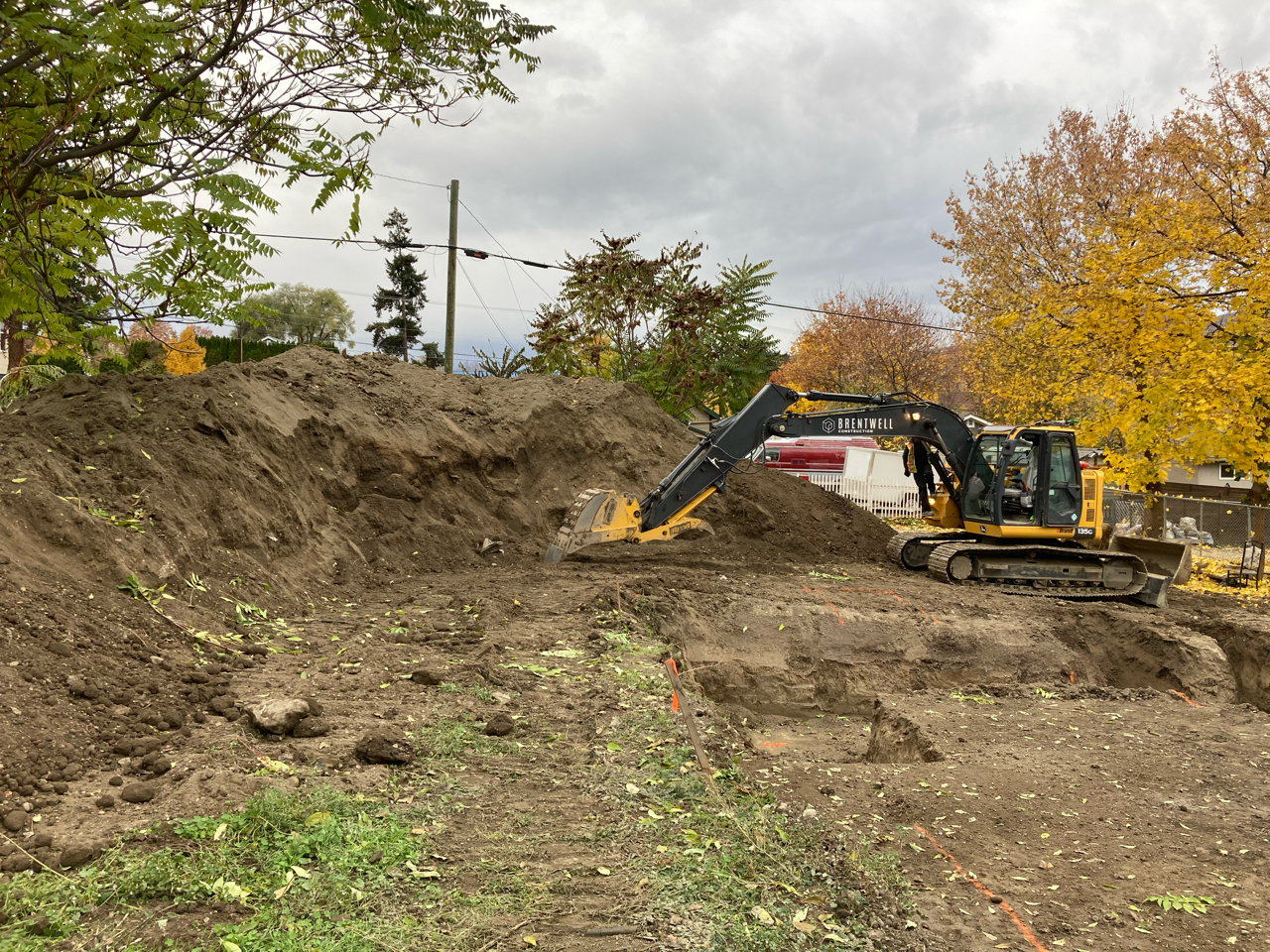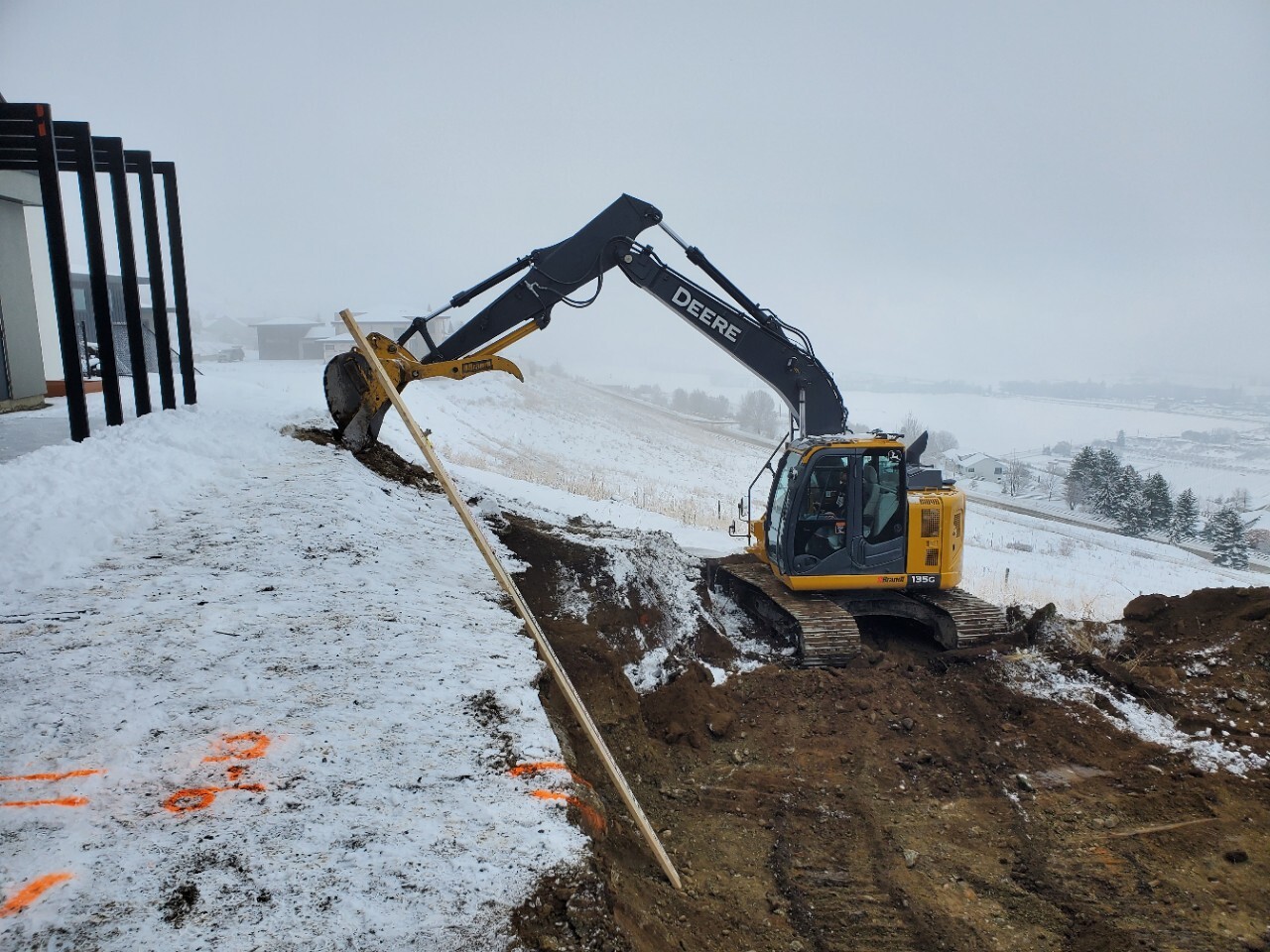
Introduction
As the snow melts away and the ground thaws, it’s the perfect time to start planning your spring earthworks projects. Whether you’re embarking on new construction, landscaping, or reclamation work, spring offers a prime opportunity to promote sustainability and environmental consciousness in your projects. In this blog, we’ll explore the importance of spring earthworks, the types of projects you can undertake, and the benefits of professional assistance versus DIY approaches.
Planning Your Projects
Before you break ground, it’s crucial to plan your earthworks projects carefully. Start by assessing the site and identifying the goals of your project. Consider factors such as soil quality, drainage, and environmental impact. In the Okanagan, it is particularly important to assess the fire-readiness of your property. Think about clearing underbrush and removing dead or unnecessary foliage. Review the resources available to you – including the availability of contractors and equipment, and what you’re able to invest financially in the project.


Types of Earthworks
You can greatly enhance the sustainability and functionality of your property through a few earthworks projects. Installing retaining walls can combat soil erosion, manage slopes, and carve out more usable yard or garden space. These walls, constructed from materials like concrete, stone, or timber, not only serve a practical purpose but also add aesthetic appeal to your landscape.
An important springtime task is inspecting and potentially upgrading or installing a new septic system, a critical aspect of groundwork construction. Proper septic system design and installation, are vital for safeguarding groundwater and surface water quality. Consider incorporating advanced technologies such as aerobic treatment units with drip irrigation systems for a more sustainable wastewater solution.
DIY vs. Professional Assistance
While DIY projects can be rewarding, complex earthworks projects are best left to the professionals. Hiring a reputable earthworks company ensures that your project is completed safely, and efficiently, and complies with local regulations. Professionals have the expertise and equipment to tackle even the most challenging projects, saving you time and money in the long run.

Conclusion
Whether you’re embarking on a new construction project or reclaiming land, incorporating sustainable practices can benefit both the environment and your bottom line. By carefully planning your projects, choosing the right type of earthworks, and seeking professional assistance when needed, you can ensure that your earthworks projects are a success.
Other topics you might find interesting: